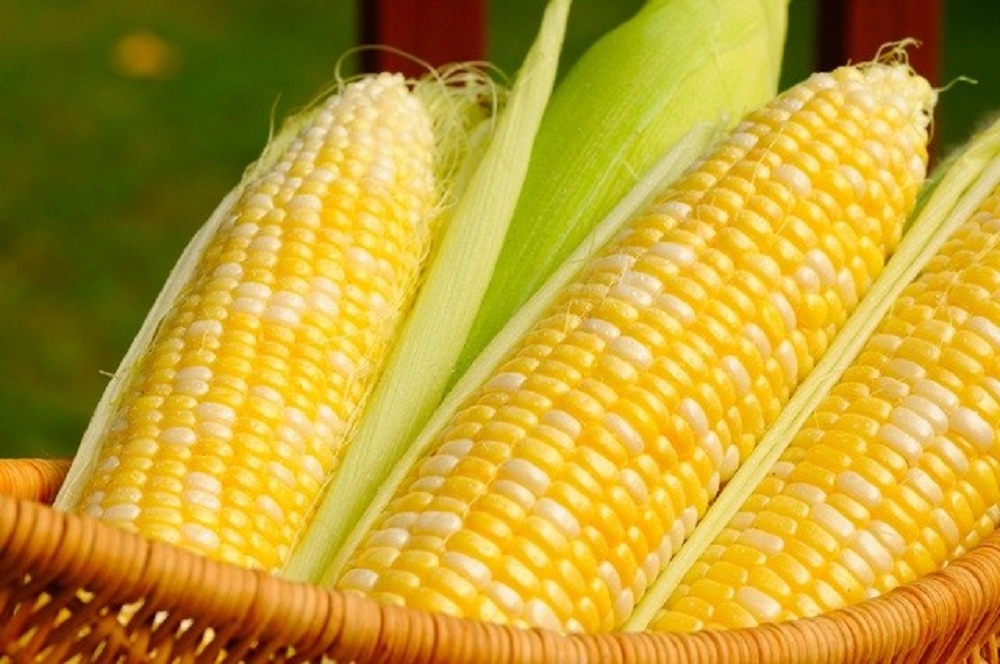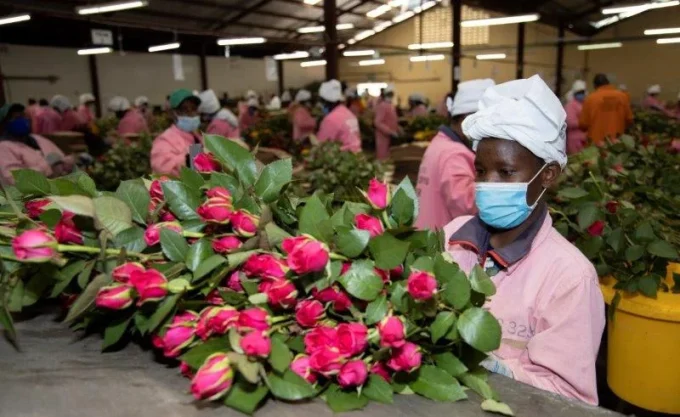Kenyan farmers could soon start growing genetically modified (GM) maize if an application by scientists for approval by regulatory agencies succeeds.
The country’s leading scientists have written to the National Biosafety Authority (NBA) seeking permission to release the first ever GM maize variety.
Gospel Omanya, Senior Manager of Deployment at the African Agricultural Technology Foundation (AATF), told Xinhua on Tuesday that most Kenyan farmers were ready for the GM maize which is pest and disease resistant.
“The farmers we interact with in Kenya and other countries where AATF operates are eagerly waiting for the genetically modified maize seeds to help them against impacts of climate change, particularly drought and protection fom insect pests such as stem borers and fall army worms,” said Omanya.
He said the GM maize will boost efforts to achieve food security and better incomes from small holder farmers in Kenya.
Two months ago, Kenya grappled with fall armyworm (FAW) invasion which reportedly affected over 400,000 hectares of maize across the East African region.
In areas where FAW infestation was reported for instance, the Tela variety which is genetically modified has been observed to have less damage in Kenya and South Africa.
Drought tolerance
The combined traits, including its drought tolerance, have resulted in maize grain yields of more than 30 percent over the best commercial hybrids, Omanya told Xinhua.
But even as the scientists await feedback from the country’s biosafety authority, consumers still remain apprehensive over health concerns raised on genetically modified food.
“As it is, we have to be open-minded as food prices continue to rise by the day, but on my part I’m still not sure if the GM maize is the solution. Maybe the concerned authorities should do more sensitization and let us know the pros and cons of having this maize grown in Kenya,” said Jacob Ngetich, a small-scale farmer.
He is among small-holder farmers in Kenya’s Rift Valley region whose farms were affected by the FAW and his biggest worry now is to protect his farm against such an invasion in the future.
“Farming is my only source of livelihood, so I will do all it takes to protect it. I know there have been debates over GM maize in the country in the past, but as a farmer who has had firsthand experience with crop loss, I would never rule out growing GM maize. I was not even aware of the application for seed approval but let us see what happens, all that matters is health safety of the consumer and of course food security,” said Ngetich.
Due diligence
According to Omanya, before such maize is released to the consumer, proper due diligence has to be done to ensure it is fit for human consumption and Kenya is not an exception.
“The TELA maize that will be commercialized in Kenya and any other country must go through regulatory and biosafety systems in the target countries. This is to ensure its safety as human food. As with any new technology on the market, consumer education is essential to enlighten the farmers as well as consumers,” said Omanya.
Omanya believes the GM maize variety, known worldwide as Bt maize, will help farmers in Kenya increase their yield by reducing damage caused by stem borer insect pests.
According to the Agricultural Sector Development Strategy, Kenyans depend on maize for their daily food and are too often threatened by hunger due to a number of constraints including voracious pests.
Related: Why lifting ban on GMO is suicidal for Kenya
Stem borers are known to reduce maize yield by an average of 13 percent or 400,000 tonnes, equivalent to the yearly amount of maize imported by Kenya, amounting to US$70 million.
Approval of the Bt maize will pave the way for variety release and registration through the National Performance Trials and eventual delivery to farmers through seed companies in the same manner as any other crop variety.
The adoption of Bt technology has been proven to work in other countries and farmers are already benefiting from the technology with maize yields doubling annually in countries like South Africa.
Notably, the first conventional non-GM drought-tolerant maize under the name Drought TEGO or simply TEGO is already in use by farmers in Kenya and Uganda.













Leave a comment